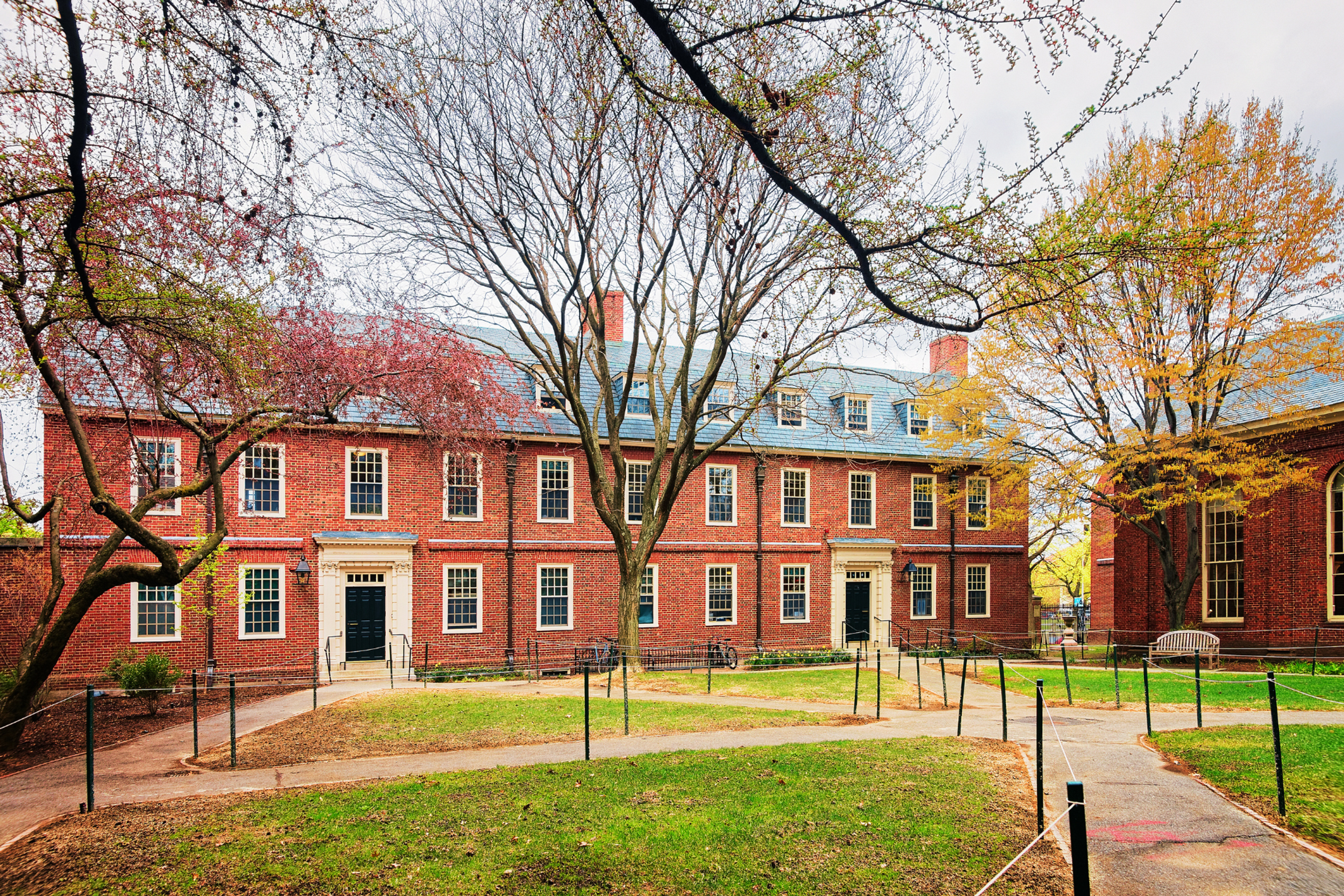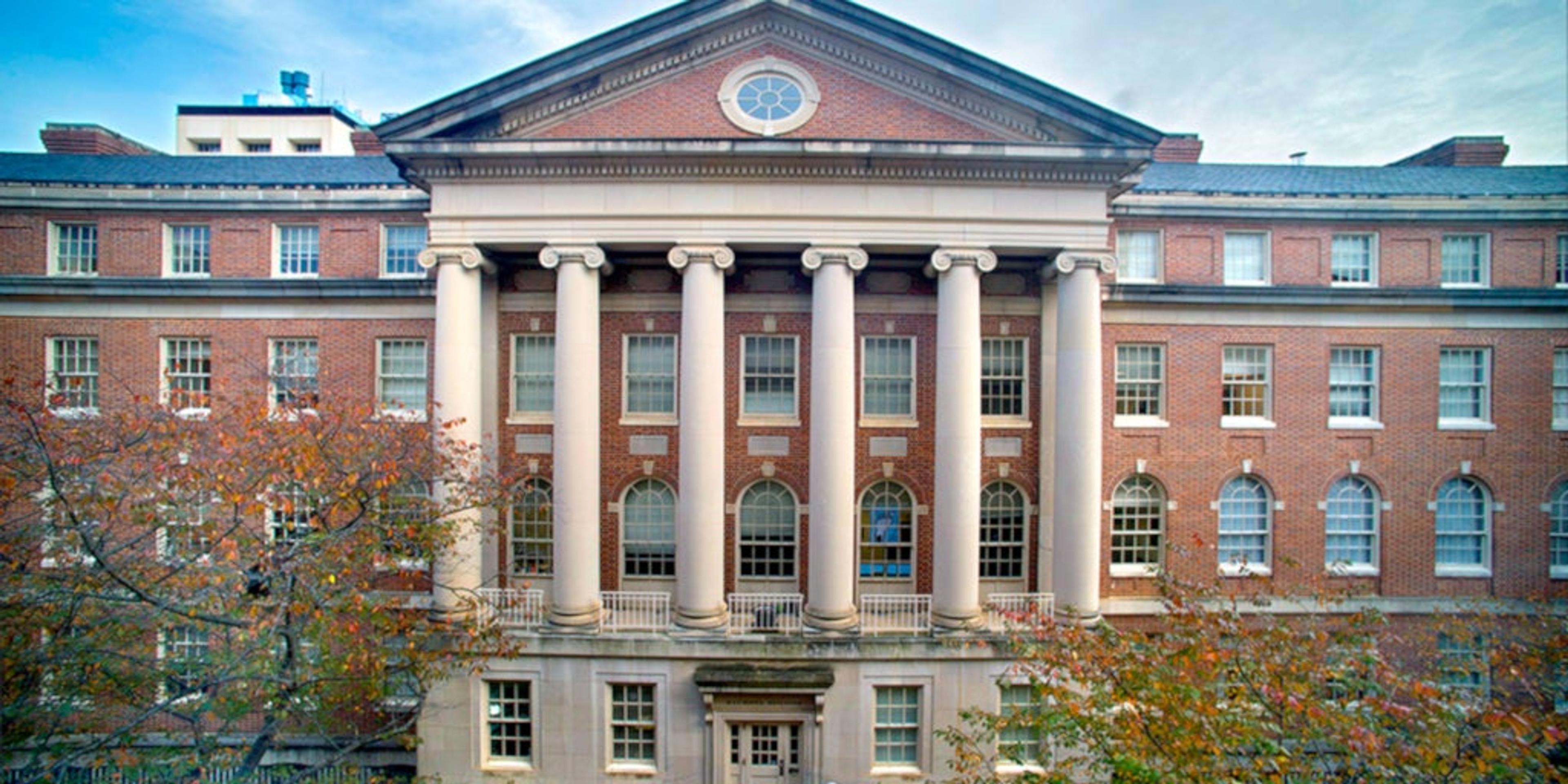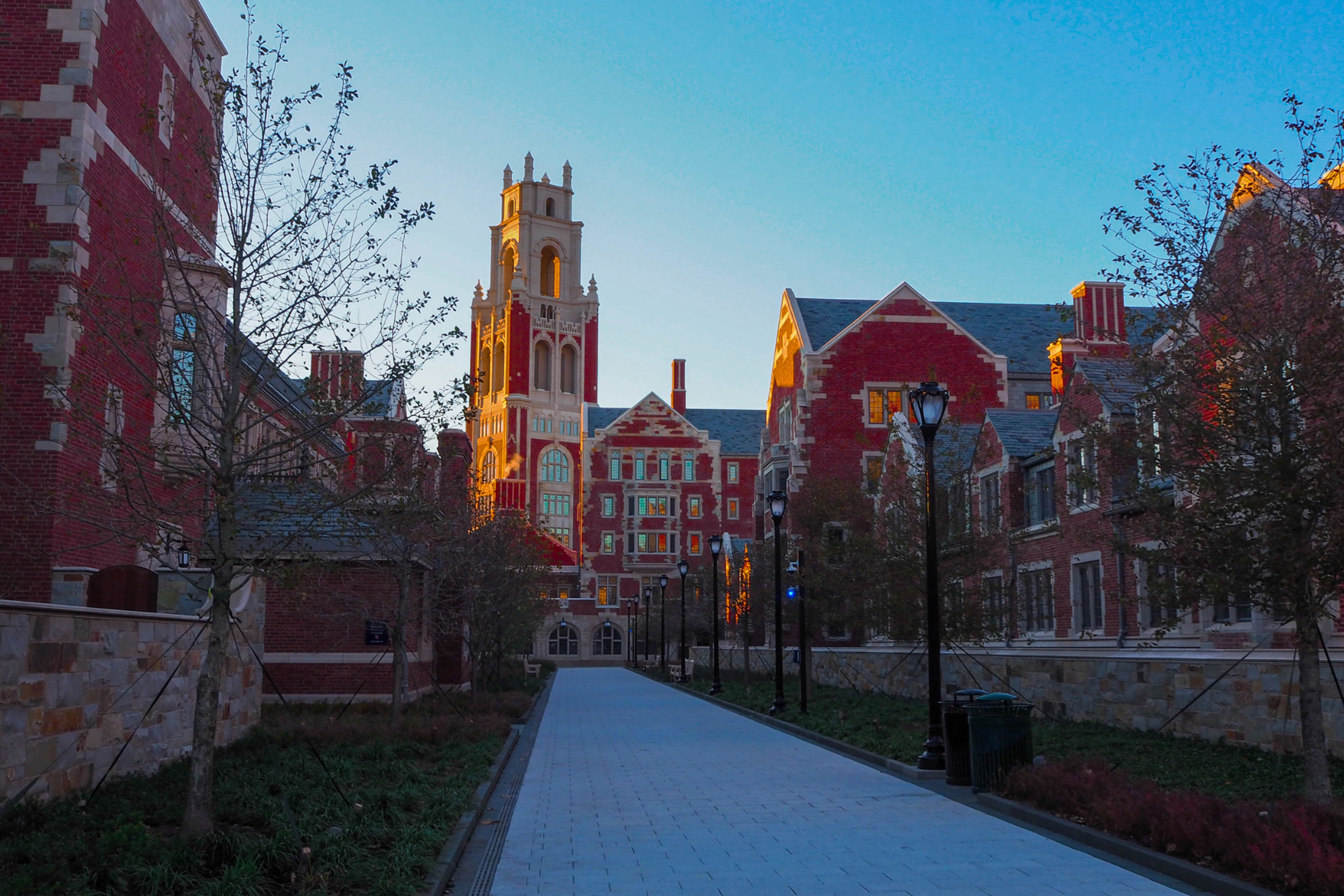Medical School Post-Interview Acceptance Rate Overview
Discover the comprehensive overview of post-interview acceptance rates at medical schools.
Posted March 6, 2025

Table of Contents
Applying to medical school is a rigorous and competitive process. After submitting your application and receiving an invitation for an interview, you may find yourself wondering about the post-interview acceptance rates. In this article, we will explore the various factors that influence these rates and provide strategies to improve your chances of acceptance.
Post-Interview Acceptance Rates
Post-interview acceptance rates vary among medical schools, but they give applicants an idea of their chances of being admitted. It's important to note that these rates may fluctuate each year based on the competitiveness of the applicant pool and the number of available spots. Generally speaking, post-interview acceptance rates tend to be higher than the pre-interview acceptance rates, as the selection process becomes more focused on individual qualities and fit for the program.
When considering post-interview acceptance rates, it's essential to understand the factors that influence these rates. Medical schools strive to create a diverse and well-rounded class, which means they consider various aspects of an applicant's profile. While academic achievements are crucial, they are not the sole determining factor. Medical schools also evaluate an applicant's extracurricular activities, personal statements, and letters of recommendation.
Extracurricular activities play a significant role in the admissions process. Medical schools look for applicants who have demonstrated leadership skills, community involvement, and a commitment to service. Whether it's volunteering at a local clinic, conducting medical research, or participating in student organizations, these activities showcase an applicant's dedication to the field of medicine and their ability to balance multiple responsibilities.
Personal statements provide applicants with an opportunity to express their motivations, experiences, and goals in pursuing a career in medicine. Admissions committees carefully review these statements to gain insight into an applicant's passion for medicine, their unique perspective, and their ability to articulate their thoughts effectively. A well-crafted personal statement can make a significant impact on an applicant's chances of being accepted.
Letters of recommendation are another crucial component of the application. These letters provide insight into an applicant's character, work ethic, and potential as a future physician. Medical schools value recommendations from professors, physicians, and mentors who can speak to an applicant's academic abilities, interpersonal skills, and commitment to patient care. Strong letters of recommendation can strengthen an applicant's profile and increase their chances of receiving a post-interview acceptance.
While acceptance rates can provide applicants with a general idea of their chances, it's important not to become fixated on these numbers. Each medical school has its unique selection process, and what matters most is finding the right fit for both the applicant and the program. It's crucial for applicants to focus on presenting their best selves throughout the application process and to approach interviews with confidence, authenticity, and a genuine passion for medicine.
Read: Medical School Acceptance Rates: What You Need to Know and How to Improve Your Chances
What You Need to Know During the Post-Interview Process
Once you have completed your interview, the admissions committee carefully evaluates your performance and compares it to the other interviewees. They consider factors such as your communication skills, professionalism, problem-solving abilities, and interpersonal skills. In addition, they assess your compatibility with the school's mission and values.
During this stage, the admissions committee delves deeper into your interview performance to gain a comprehensive understanding of your potential as a student. They analyze your responses to the interview questions, paying close attention to the clarity and depth of your answers. They also evaluate your ability to articulate your thoughts effectively, as well as your ability to think critically and creatively.
The committee takes into account your body language and non-verbal cues during the interview. They observe your confidence, poise, and engagement, as these qualities can provide valuable insights into your suitability for the program. A candidate who demonstrates strong interpersonal skills and the ability to connect with others is often highly regarded.
The admissions committee assesses your compatibility with the school's mission and values. They consider whether your goals align with the educational philosophy and objectives of the institution. They evaluate your passion for the field of study and your potential contribution to the academic community.
It is important to remain patient during this stage of the process, as schools typically interview a large number of applicants but have limited spots available. The admissions committee must carefully review each candidate to make informed and fair decisions. They take their responsibility seriously and dedicate ample time and effort to ensure that they select the most deserving individuals who will thrive in the academic environment.
4 Basic Strategies for Success
While post-interview acceptance rates are influenced by various factors that are out of your control, there are several strategies you can implement to enhance your chances of acceptance.
1. Reflect on Your Interview
Take some time to reflect on your performance during the interview. Think about your answers, body language, and overall impression. Identify areas where you excelled and areas where you could improve. This self-reflection will help you gain insight and make necessary adjustments for future interviews.
2. Send a Thank-You Note
After your interview, it is considered good etiquette to send a personalized thank-you note to each interviewer. Express your appreciation for their time and reiterate your interest in the program. This gesture not only demonstrates professionalism but also keeps your name fresh in the minds of the admissions committee.
3. Continue to Strengthen Your Application
Although the interview is an important milestone, it's essential to continue improving your application while waiting for a decision. Engage in meaningful activities that showcase your commitment to medicine, such as research, volunteering, or pursuing advanced coursework. These experiences can strengthen your candidacy and demonstrate your dedication to the field.
4. Maintain Communication with the School
Some medical schools may allow you to provide updates on significant achievements or experiences that occurred after your interview. If this option is available, take advantage of it by sharing any notable developments. However, be mindful of the school's guidelines and only communicate information that is genuinely impactful and adds value to your application.
How to Analyze Acceptance Trends
It is essential to analyze acceptance trends to gain a deeper understanding of the post-interview acceptance process. Look for patterns in recent years to determine the likelihood of acceptance based on specific characteristics, such as undergraduate GPA, MCAT scores, or demographic factors. While these trends can provide valuable insights, remember that they should not be the sole basis for your decision-making process. Each applicant is unique, and individual circumstances may vary.
Post-interview acceptance rates offer valuable information, but they should not be the sole determinant of your decision to pursue a medical education. Focus on presenting your best self during the interview, continue strengthening your application, and maintain open communication with the schools. By taking a holistic approach to the application process, you maximize your chances of gaining acceptance to the medical school of your dreams.
Read these next:












